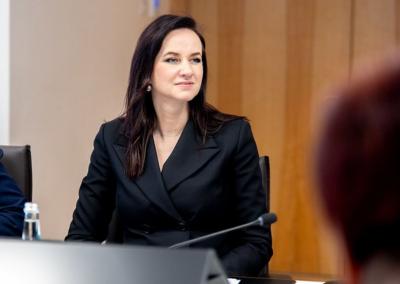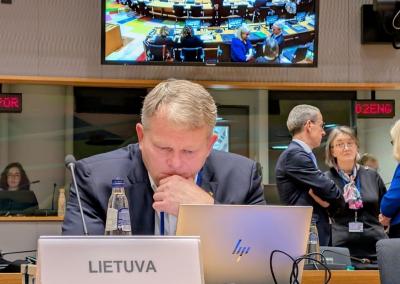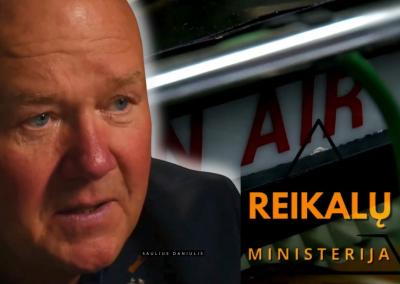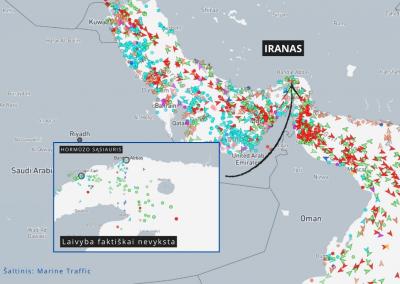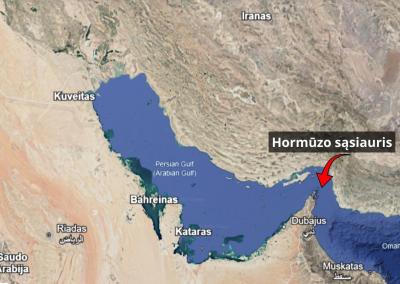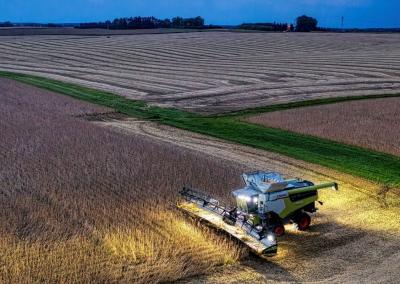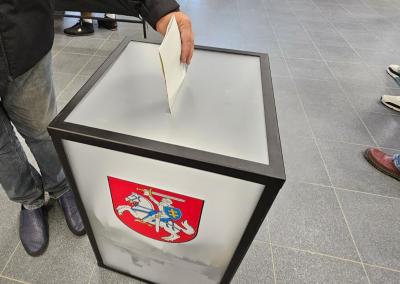Proposal for an exemption from registration for rural tourists approved after discussion
After reading, the Seimas approved an amendment to the Law on Tourism, according to which rural tourism providers would no longer be obliged to inform Lithuanian residents about their stay within 24 hours.
Under the new Tourism Law adopted in 2022, owners of rural homesteads would have been obliged from 1 July this year to promptly register in the information system anyone staying in the Lithuanian countryside.
According to MP Andrius Bagdonas, this amendment, initiated by the members of the Economic Affairs Committee, is aimed at rural tourism providers, who are currently subjected to excessive and disproportionate administrative burdens due to the current excessive and disproportionate requirements.
„The requirement to register guests electronically on a daily basis, which was introduced on 1 July, has become a major challenge in remote areas where there is no reliable internet connection, and for small entrepreneurs, who sometimes also lack technological know-how and equipment. The proposed amendment would provide more flexibility by allowing registration to take place no more than once a month, tailored to the capabilities and specificities of the providers“, − said the parliamentarian at the Seimas session.
The number of Lithuanian citizens accommodated and the number of their overnight stays should be reported to the National Tourism Information System at least once a month by the provider of tourism services.
An accommodation provider providing countryside tourism services should ensure that foreigners, except for minor children accompanying them, who are being accommodated, provide proof of their identity by presenting a valid identity document to the accommodation provider.
After the debate, 114 MPs voted in favour of the amendments (draft No XIVP-3930(2)), 1 against and 1 abstention. The Seimas will have to vote again to adopt them.
If approved by the Seimas, the amendment would enter into force on 1 January 2025.

















